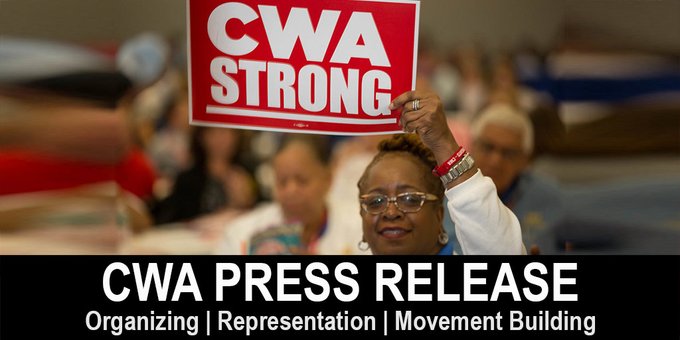Cambodia’s parliament approved a disputed trade union law on Monday without making changes demanded by labor groups and the opposition, who decried it as too strict and designed to limit workers’ rights.
The law is partly in response to a demand from business owners, who want to keep their workers from unionizing and going on strike. Indeed, the new law includes rules that restrict how unions can operate.
Read the full article from Reuters here.
The manufacturing of electronics in Cambodia has been on the rise over the last couple of years, with mostly Japanese companies slowly coming online in Cambodia’s special economic zones. A good example is Sumitomo Corporation announcing the establishment of an electronics manufacturing services site in Cambodia last month.
Global union IndustriALL wrote to the Cambodian Prime Minister last month expressing its deep concern over the proposed trade union law.
IndustriALL:
“Not only does the new law place severe restrictions on the right to strike, but unions awaiting registration would be unable to act.
The new law would mean that if elected leaders act illegally, the entire union could be dissolved. It also places unreasonable demands on financial audits of the unions, which could easily be manipulated to harass and impoverish them.
Furthermore, the maximum sanctions against employers are so low as to be powerless (at US$1,250), while for trade unions they could be fatal.”
Read the full article here.
Update April 6:
The International Trade Union Confederation (ITUC) has deplored the new law. To find out why precisely, click here.
The ITUC represents 180 million workers in 162 countries and territories and has 333 national affiliates.










